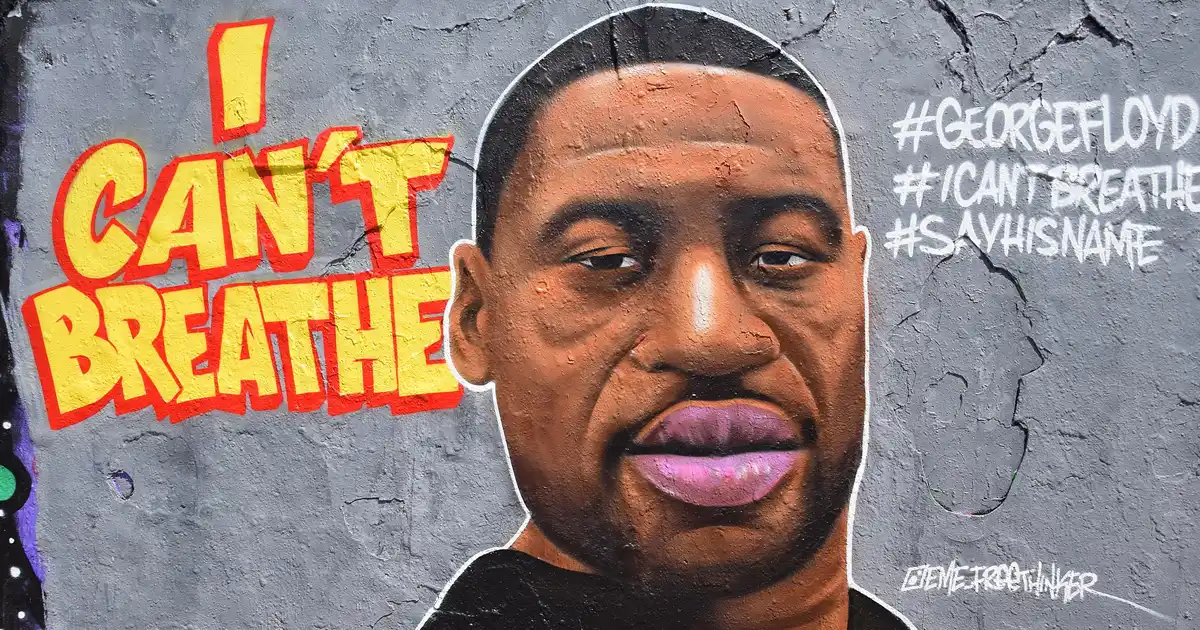
Five years after George Floyd’s death sparked nationwide protests and promises of change, a sobering reality has emerged: most Americans believe little has actually improved for Black communities. Surprised?
This is the first in a four-part series examining why political independence offers minority voters a more effective path to progress than automatic party loyalty. Throughout this series, we’ll explore the evidence behind this approach, provide practical guidance for values-based voting, and address common criticisms.
Five years after George Floyd’s death sparked nationwide protests and promises of change, a sobering reality has emerged: most Americans believe little has actually improved for Black communities. According to new research from Pew Research Center, 72% of Americans say the increased focus on race and racial inequality after Floyd’s murder did not lead to changes that improved the lives of Black people.
This finding highlights an important truth that all minority voters should consider: political loyalty without tangible results benefits politicians, not communities.
The summer of 2020 was called a “racial reckoning” in America. Companies issued statements, politicians made promises, and social media buzzed with hashtags. But what actually changed for everyday families in minority communities?
Five years later, only 11% of Americans believe the relationship between Black people and police has improved. Most (54%) say things are about the same as before Floyd was killed, while a third actually believe things have worsened.
These statistics reveal a pattern that affects all minority groups – Black, Hispanic, Asian, and Native Americans. When politicians know they can count on your vote regardless of results, they have little incentive to deliver meaningful change.
Political independence doesn’t mean abandoning deeply held beliefs. Instead, it means:
When 90% of any community reliably votes for one party, that community loses leverage. Both parties take them for granted – one assumes your vote is secure, while the other assumes your vote is unreachable.
Many minority communities have strong religious traditions and family-centered values. Yet some political platforms increasingly conflict with these core beliefs:
As one Hispanic small business owner in Texas put it: “I vote for whoever will help my family thrive, not who people say I’m supposed to support because of my last name.”
Instead of automatic loyalty to any party, minority voters would benefit from a values-first approach:
When both parties must compete for votes, policies improve. Consider this reality: a recent Pew Research poll found that support for the Black Lives Matter movement has dropped from 67% in 2020 to just 52% today. This decline suggests Americans want substance beyond slogans.
Real progress requires accountability. When politicians know they must deliver results to earn your vote – regardless of their party – they work harder for your community.
Your vote belongs to you alone – not to any political party, activist group, or cultural expectation. As a minority voter, you have the power to:
Remember: When both parties must compete for your vote, both parties work harder for your support. That’s not just good for minority communities – it’s good for America.
